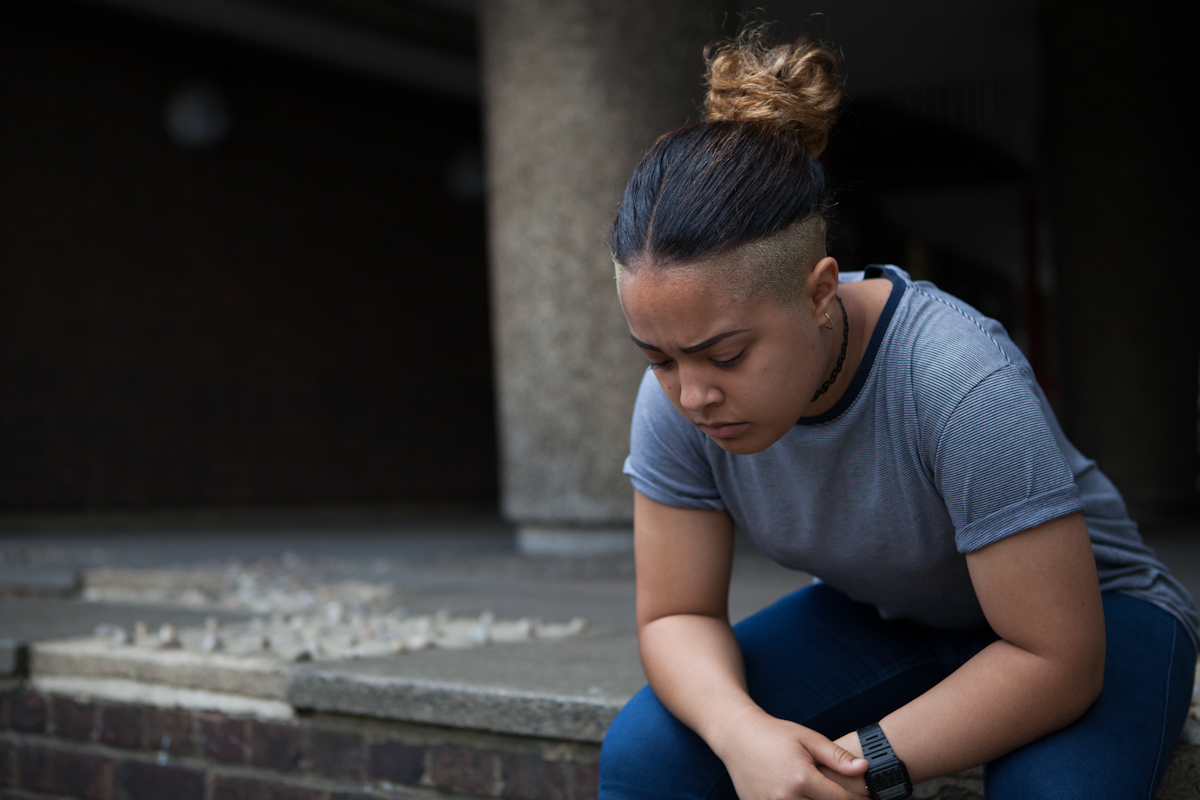What you need to know about "Mental health"
We hope what you see here helps. If you are feeling like running away or are away from home, we are here to listen.
Call or Text 116 000. Free, confidential, 24/7.
Mental health is about how “well” you feel in your head. In the same way that your body can get ill, so can your mind. If you are struggling with your mental health, it can make you feel lonely, numb, low, and like you aren’t able to handle things.
These kind of struggles can also have physical effects, like feeling a weight on your mind or a pressure or squeezing in your chest. It can make you feel weak and tired, or it can make you feel like you have so much energy that you don’t know what to do with yourself (not in a safe way – people can act without thinking when they feel like that). It can stop you from being able to sleep, or it can make it hard to get out of bed – it really is different for everyone.
There are many different types of mental health problems, so everyone’s experiences will be different. It could be severe and consistent feelings of unhappiness, which could suggest depression, or it could be feelings that lean more towards anxiety. In fact, there are so many types of mental illness that it’s difficult to list all of them! The important thing to understand is that mental illness does not have to be lonely and scary – one in four people experience mental health problems at some time in their lives, so you are certainly not alone.
A common part of many types of mental illness is that it can often feel as if there are no positive options in life and can cause feelings of isolation. If feelings such as these are not talked about, it can become overwhelming and may lead to thoughts of running away. If you feel like you may be struggling with your mental health, reach out to people or organisations that could help – more people will understand what you’re going through than you may think.

We hope what you see here helps. If you are feeling like running away or are away from home, we are here to listen.
Call or Text 116 000. Free and confidential.
- 1-2-1 chat Chat with us
- 116 000 Text Free
- 116 000 Phone Free
- 116000@runawayhelpline.org.uk Email Us

